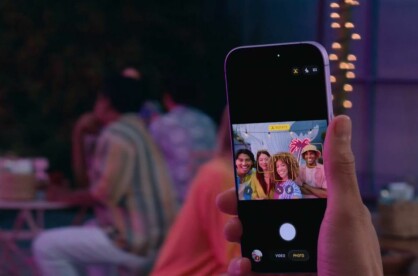Proper recycling a priority
Forty three thousand tons of plastic waste is produced annually in the Maldives.

MFR Images
Forty three thousand tons of plastic waste is produced annually in the Maldives.

MFR Images
Unlike many other countries, the Maldives, with a vibrant world-class tourism industry, is highly reliant on imports to provide its high-end services. Part of this consumption also includes a large number of goods that are packaged in plastic.
According to a report published by the World Bank, the country generated 365,000 tons of waste per year, of which 43,000 tons was plastic.
There are different types of plastics among what is imported. One key type where the nation can make significant improvements in reduction is with Polyethylene Terephthalate (PET). Most mineral water and beverages are also packed in PET bottles.
The country also imports products like milk, bleach and shampoo which are packed in high-density polyethylene (HDPE) plastic while carrier bags and packaging film are packed in low-density polyethylene (LDPE).
PET bottles used in the beverages industry has been the most visible in everyday life, with a high impact on the environment when empty bottles are thrown into the sea, on beaches and in public parks. A recent study conducted by NIG Capital Pvt Ltd, in association with Maldives Ocean Plastic Alliance (MOPA), found that about 143 million plastic bottles are produced and consumed annually in the Maldives — this is equivalent to about 3,300 tons.
As per the household survey conducted under the study, 57% of households in the Maldives use mineral water for daily consumption, spending an average MVR600 per month. Total spending on water averaged about 4 percent of incomes, including spending on water other than for drinking purposes. This is comparatively higher than most other countries. Annual mineral water consumption the Maldives is at 226 litres per head, compared to about 187 litres in European countries.
The beverages industry, contributing 2 percent of GDP, is an important industry in an economy where there are not many other manufacturing industries apart from boat building and fish canning.
In addition to local producers, wholesalers along with retailers, restaurants and resorts also benefit from this industry. Annual sales exceed MVR933 million, and the three major producers together employ about 930 staff, and more than 2,500 local retailers benefit from the industry.
There are many reasons behind the dependence and the popularity of PET bottle usage in the Maldives. Rainwater catchment is minimal in Malé and the atolls and ground water has become unsuitable for drinking. There is mistrust in the safety of utility water (tap water). As per a 2019 study by Latheef, "Understanding bottled water consumption: a survey on public perception of drinking water", only 29% of households trust the safety of tap water for drinking.
Plastic bottles are also convenient and more affordable, with lower production, transportation and handling costs compared to glass bottles. Considering the geography of the Maldives, plastic single serve bottles are more convenient for use in speedboats, dhoni ferries and transfers.
However, when not properly disposed, empty plastic bottles become an environmental hazard, given the vulnerable nature of our reefs, seas and beaches.
In December 2020, the Solih Administration published a list of single use plastics that will be banned from use nationwide starting from June 2021. As per a presidential decree, the import of many plastic products will be banned, including beverages bottles below 500ml. From December 2023, plastic mineral water bottles below 1 litre will also be banned. This is a welcome decision and a good start on the path to reducing plastic waste.
Based on the experience of other countries and international best practices, proper collection and recycling of plastic bottles is the best way forward. Baled or flaked bottles that can be either recycled or exported can generate revenue for the country. Considering total consumption, it is estimated that the country could generate at least MVR10 million as export revenue through proper collection and export of plastic for recycling.
There, however, remains a lot to of work to be done, together with the government and relevant stakeholders. Like many other countries, extended producer responsibility (EPR) can be introduced whereby producers and importers can be involved, and made responsible, for the collection and exporting of plastic waste.
Both the Maldives Water and Sewerage Company (MWSC) and Fenaka Corporation can play a major role in reducing the use of plastic bottles. As a start, building confidence on the use of tap water and reducing the tariffs of usage bands could be implemented. Easy availability of filter systems is also an area where both companies can play a part.
Most importantly, the national waste management policy also needs to take into consideration the concept of creating a circular economy. Instead of relying on landfills and burning waste, it could consider some of the best practices in waste management such as proper segregation and recycling of waste. The country needs a proper solution to the issue of waste management that takes into account such best practices and find ways to reduce the negative impact on its vulnerable environment.



